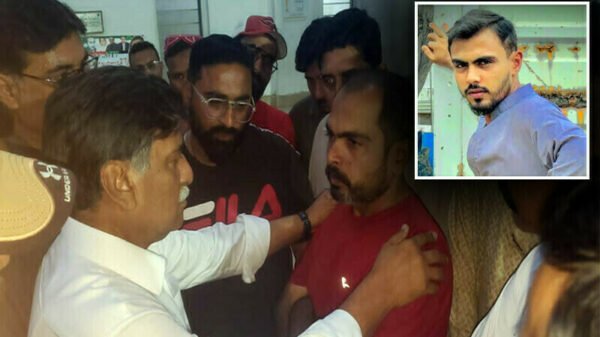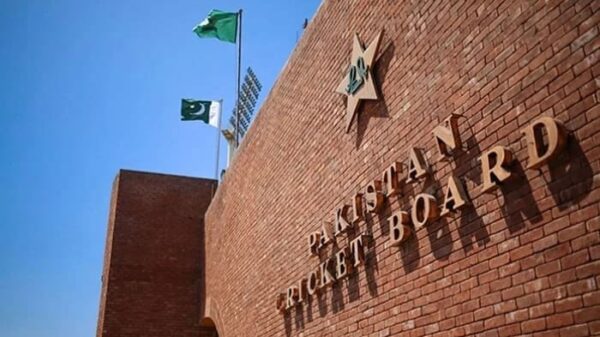Prime Minister Shehbaz Sharif on Wednesday expressed appreciation for Chief of Army Staff (COAS) General Asim Munir’s pivotal role in securing a staff-level agreement with the International Monetary Fund (IMF).
During a federal cabinet meeting, the prime minister acknowledged the contributions of Finance Minister Muhammad Aurangzeb, Secretary Finance, Deputy Prime Minister Ishaq Dar, and Minister for Planning Ahsan Iqbal—who is currently observing I’tikaf in Madina.
He highlighted that the Army Chief played a crucial role in ensuring Pakistan met the IMF’s conditions efficiently. Additionally, he extended condolences to General Munir on the passing of his mother, praying for her eternal peace.
IMF Agreement and Economic Reforms
PM Shehbaz announced that Pakistan had successfully secured a $2.3 billion financial package from the IMF, including $1.3 billion under the Resilience and Sustainability Facility (RSF), raising the total IMF package from $7 billion to $8.3 billion. He emphasized that this reflects Pakistan’s commitment to economic reforms.
Addressing opposition criticism, he dismissed concerns about an impending mini-budget and defended the government’s tough economic decisions, stating they were necessary for stabilization. He also credited the provinces for playing a significant role, particularly in passing the agricultural tax, first adopted by Punjab and later by other provinces.
Highlighting Pakistan’s revenue achievements, he noted that tax collection had surged by 26% in the previous year, surpassing IMF targets. The tax-to-GDP ratio had increased from 9% to 10%, with a target of reaching 12.9 trillion rupees this year.
Challenges of Inflation, Terrorism, and Economic Stability
Acknowledging economic difficulties, the prime minister pointed out that inflation and terrorism remain key challenges, particularly in two provinces. He reiterated that economic recovery depends on maintaining peace and stability while reaffirming the government’s commitment to counter-terrorism efforts.
He outlined initiatives such as the digitization of the Federal Board of Revenue (FBR) and the establishment of professional tribunals to enhance tax collection transparency. The improved taxation system helped collect a record Rs 34 billion, while measures against tax evasion in the sugar sector added Rs 12 billion in just three months.
Shehbaz Sharif emphasized the need for a new economic mindset, urging financial responsibility and discouraging reliance on external loans. He criticized extravagant foreign expenditures while avoiding domestic taxation, advocating for a culture of fiscal discipline.
He also highlighted the success of the Ramadan Digital Wallet, which distributed Rs 20 billion, with 60% already utilized to support underprivileged families.
Concluding his address, he invoked the legacy of Zulfikar Ali Bhutto, recalling his contributions to Pakistan’s nuclear program. The prime minister reaffirmed his government’s dedication to economic stability and national security, stressing that sacrifices are necessary for sustainable progress.










